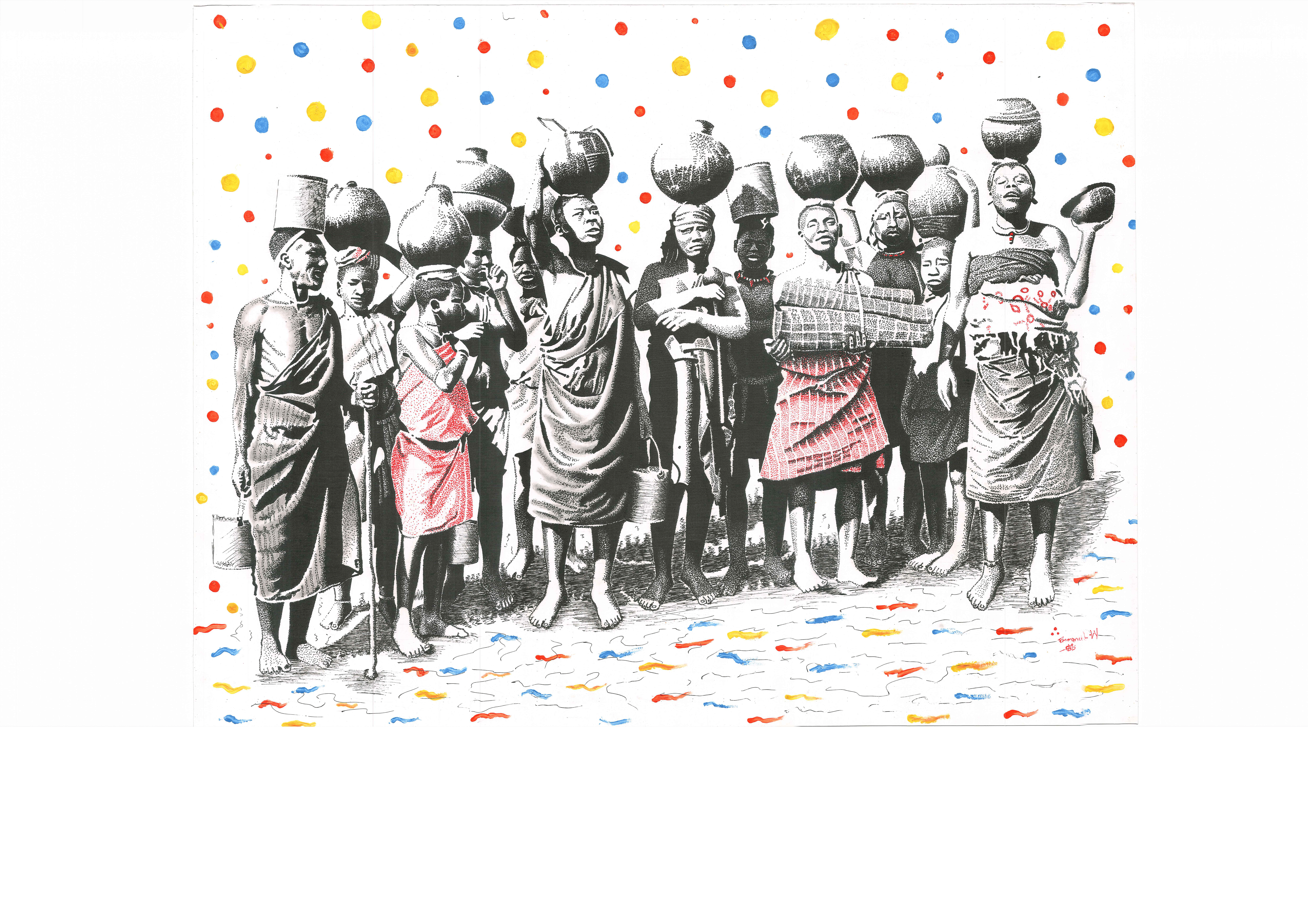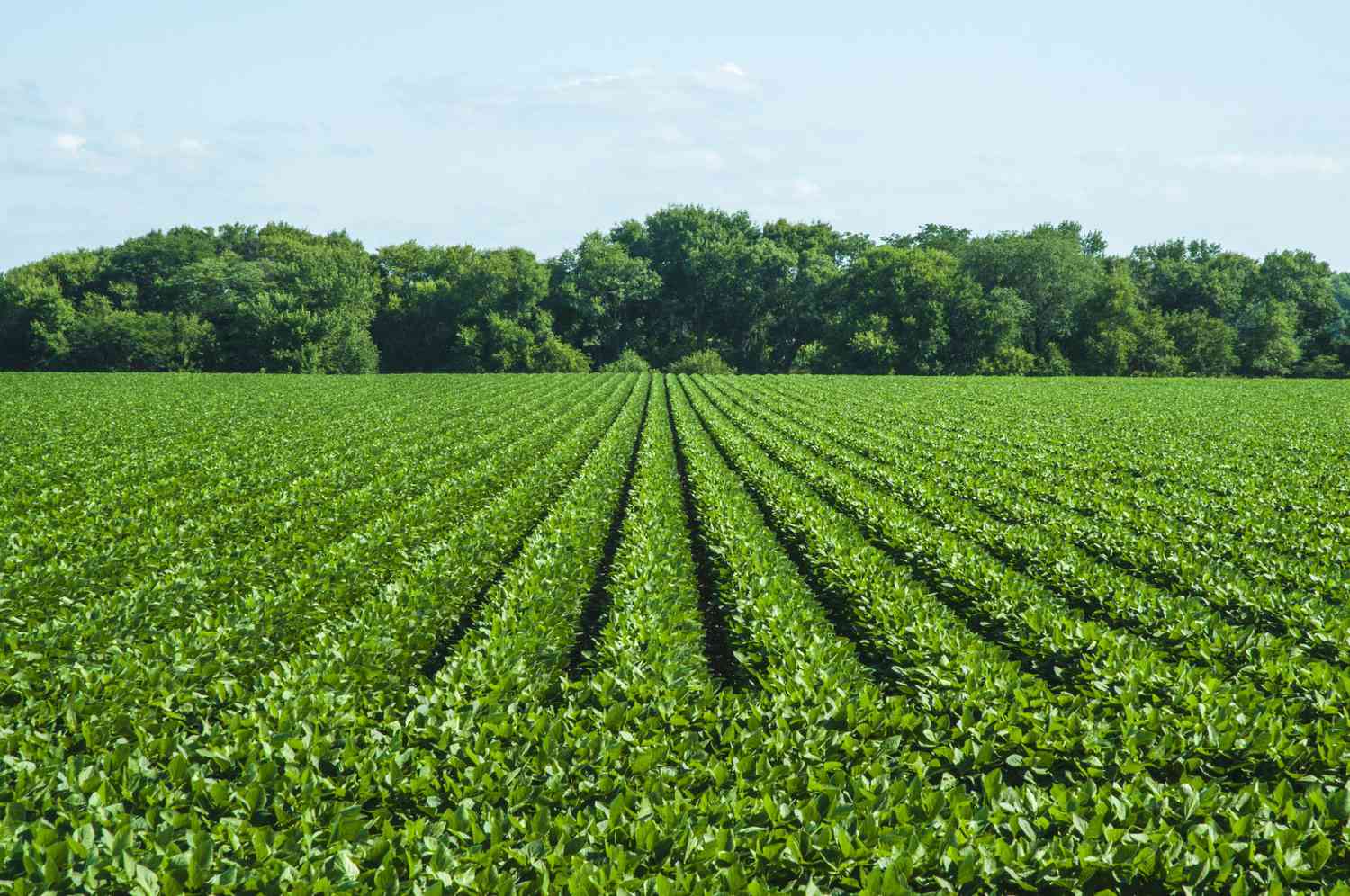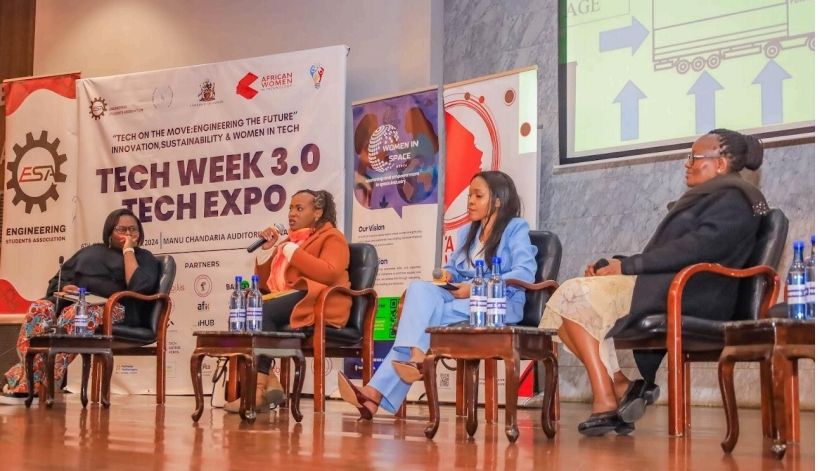Stakeholders Applause Inclusion of Minority Groups In the Awaited Global Convention

By Osoro Kenn
Stakeholders have lauded the agenda in the yet-to-be-held COP 28 international conference terming it as the most inclusive topic-oriented convention.
The stakeholders- who are captivated to hold conferences ahead of COP 28- initiated the process of consolidating minority groups into all-inclusive meaningful climate adaptation and mitigation discussions with a focus on resilient food systems, sustainable agriculture, and climate action.
The aforesaid global conference invites national governments to align their national food systems and agriculture strategies with their nationally determined contributions, adaptation plans, and action plans targeted towards achieving the Paris Agreement’s long-term goals.
To achieve these primary goals, various counties have taken significant steps towards promoting African youth, women, and indigenous communities to engage in climate adaptation and mitigation to combat resultant drastic effects brought about by climate change.
Speaking during a star-studded two-day inception meeting that prioritized inclusion and brought together members of various private sector organizations, government officials, and companies, Sarah Mango who is the senior officer in the Department of Agriculture Siaya County emphasized inclusive climate change discussions.
“The gap in sensitizing the marginalized groups to take part in climate change discussions persists but the country is on the move to solve the already entangled minority groups’ exclusion.” She noted.
The meeting prioritized inclusion of the minority groups who are critical to achieving sustainable climate change mitigation measures.
This aligns with the COP 28 agenda which mainly seeks to address interconnected challenges of climate change and food systems.
In a bid to mitigate measures to combat the adverse effects of climate change, the county government of Siaya included the marginalized groups in agri-business.
“There is a need to foster a youth representation to spearhead their vested interest, as such, the county government has seen it better to include them.” Said Sarah Mango- Siaya County Senior Officer Department of Agriculture.
She added that the devolved unit of Siaya appointed a youth leader in the budget committee and a youth representative at both county and grassroots levels.
Read Also: PACJA Launches Call for 3rd Cohort on Nairobi<br>Summer School on Climate Justice
This has seen the emergence of new projects such as the Siaya County Youth Agribusiness strategy bringing on board young innovative passionate agriculturalists.
“Experts say the possible solution to address these challenges is to scale innovative approaches. That is why the county government has embarked on such approaches.”
The aforesaid project has two approaches related to financial literacy skills and entrepreneurship geared towards creating agri-business opportunities in the agricultural value chain.
“Agri-business is a big contributor to climate change-related issues. So far we have close to five development partners. These partners have programs for youth in agriculture,” she reiterated.
Mango also noted a variety of opportunities in agricultural-related businesses, adding that more than seven percent of the jobs people are thirsty for are in agribusiness.

Different stakeholders during Pre- UNFCCC-COP 28 Workshop Organized by YWCA. PHOTO/YWCA Facebook.
For a successful conference, organizations and private sectors have relentlessly created an enabling environment for women.
An environment, in which experts say, is aimed at fostering change bringing with it a feeling of belonging and empowerment.
Michael Okumu-The Deputy Director, Climate Change Directorate and Lead- presumed that civil societies should strive to understand pressing issues and minority crises and give possible workable solutions.
In a tale portraying profound exclusion, the agricultural county boss averred that minority groups more so women need constant empowerment by rolling down inclusive projects, capacity building, and training.
“In the currently undergoing projects, as part of the marginalized groups, women are prioritized and given special recognition,” adding that “it takes a lot of commitment from our side to continue fostering for inclusion of the marginalized.”
Even though the county provided opportunities for the marginalized in the participatory regulatory processes, Mango allayed fears that youths are hesitant to engage in such inclusive regulatory processes.
“In the Ministry of Agriculture, we have had an all-inclusive project called Rural Youth. We involve the youth in the ratio of about 6:4 for their benefits.” By this, she meant, that in every six-panel discussion, at least two are representing the youth.
While calling on the youth to participate in the policy-making processes at the county level, she urged all devolved units to prioritize and set aside budgets for the benefit of the youths.
COP 28 will provide a platform for various leaders and stakeholders globally to lobby and share experiences geared towards a policy-oriented declaration to drive change.
The much-awaited convention is slated for November 30 where the United Arab Emirates will host in the Expo City in Dubai. Before this, pre-session group meetings are scheduled for November 26 and 27, as this will bring all 55 African states.
Read Also:Reclaim Our Lands, Forests, and Rivers: A CSO Review of Kenya’s Amended Climate Change Act
The Conference is expected to convene over 70,000 participants, including heads of state, government officials, international industry leaders, private sector representatives, academics, experts, youth, and non-state actors amongst others.
Young Women’s Christian Association Kenya (YWCA) in partnership with Friedrich-Ebert-Stiftung facilitated the aforementioned Pre- UNFCCC-COP 28 meeting, for the youth, women, indigenous people, and persons living with disability, and local communities to dialogue on COP28 priority areas.
The meeting brought together climate directorates, conservationists, and representatives of organizations of both government and private sectors.








